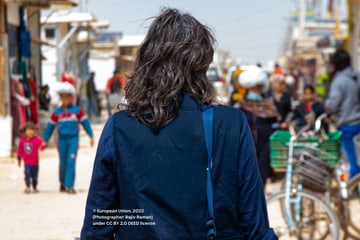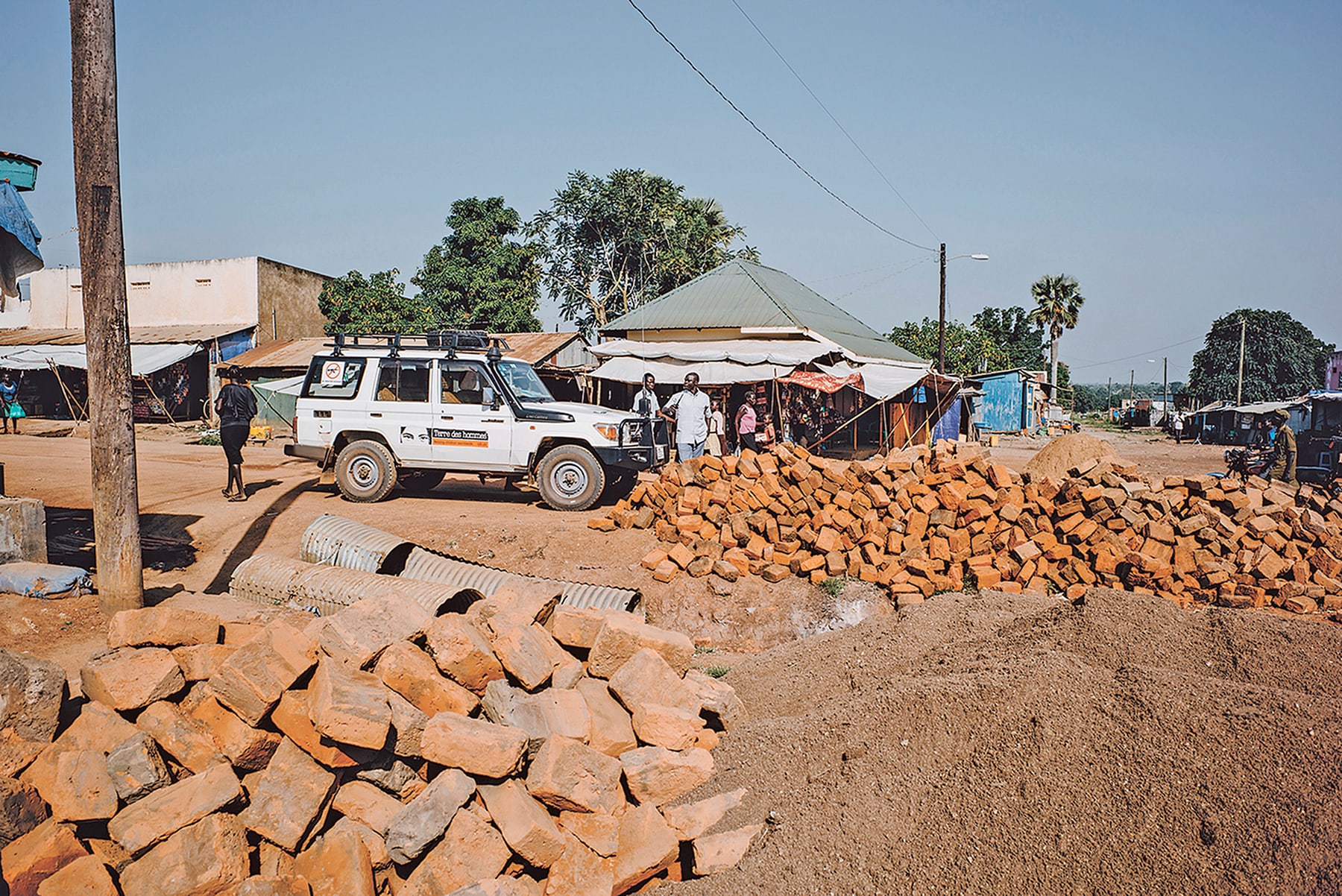Duty of Care for NGOs in international cooperation: what it is and how it can be improved
As an NGO working in international cooperation, you are responsible for protecting your staff, wherever they are based. This is known as Duty of Care.

Duty of Care is not only a legal obligation but also a moral one
Your employees are your most important asset, and their safety is non-negotiable. You must do everything in your power to keep them safe.
Challenges for NGOs working internationally
Operating on the global stage comes with a unique set of challenges for NGOs. These include:
- Complex and often volatile environments: NGOs often work in conflict zones, post-disaster areas, and other high-risk environments
- Working with local partners: NGOs often rely on local partners to deliver their programmes and services. This can pose challenges in terms of communication, coordination, and risk management
- Budget constraints: NGOs often work with limited budgets, making the allocation of resources to risk management and Duty of Care measures challenging
Operating on the global stage comes with a unique set of challenges for NGOs.
Strengthening Duty of Care
Despite these challenges, your organisation must fulfil its Duty of Care obligations. To meet these obligations, you should complete a number of tasks:
- Develop and implement policies and procedures. These should include security risk management, travel safety, and incident response
- Provide training for staff. Staff should be trained on the risks they may face and the measures they should take to stay safe
- Develop and implement risk mitigation measures by at least including risk assessments, safety & security guidelines, security management plans and insurance
A useful tool to help your organisation improve its Duty of care is the Duty of Care Self-Assessment Tool. It was developed by cinfo’s Community of Practice Swiss Security Network in cooperation with the Global Interagency Security Forum (GISF).
The tool is based on the four duties of care:
- Duty of Information: Provide employees with essential information about potential risks and the preventive measures to be taken
- Duty of Prevention: Proactively anticipate risks and provide guidelines to reduce their likelihood and impact
- Duty of Monitoring: Regularly assess compliance with guidelines, both at the individual and organisational levels
- Duty of Intervention: Respond promptly to incidents, complaints, and non-compliance, following established risk management procedures
The tool is easy to use and provides comprehensive information and examples for each subtopic. Once the assessment is complete, you will receive a report outlining your organisation’s strengths and weaknesses, helping you to identify areas for improvement.
Show your commitment
The Duty of Care Self-Assessment Tool is a valuable resource for any NGO working in international cooperation wanting to improve its Duty of Care obligations. It is also a great starting point in demonstrating the commitment to staff safety to donors, government agencies, and other stakeholders.
The Duty of Care Self-Assessment Tool is a great starting point.
Additional strategies for NGOs
In addition to using the self-assessment tool, you may wish to consider:
- Partnerships: Work with risk management consultancies, such as cinfo, for expert guidance in Duty of Care
- Stay informed: Continuously monitor the ever-evolving security landscape by engaging with security publications, attending conferences, and networking within the NGO community through platforms such as cinfo's Community of Practice
Work with risk management consultancies, such as cinfo, for expert guidance in Duty of Care.
Making Duty of Care a top priority is essential for NGOs engaged in international cooperation. By implementing these strategies and using tools such as the Duty of Care Self-Assessment Tool, you can strengthen your commitment to safeguarding your most valuable asset – your dedicated staff.




